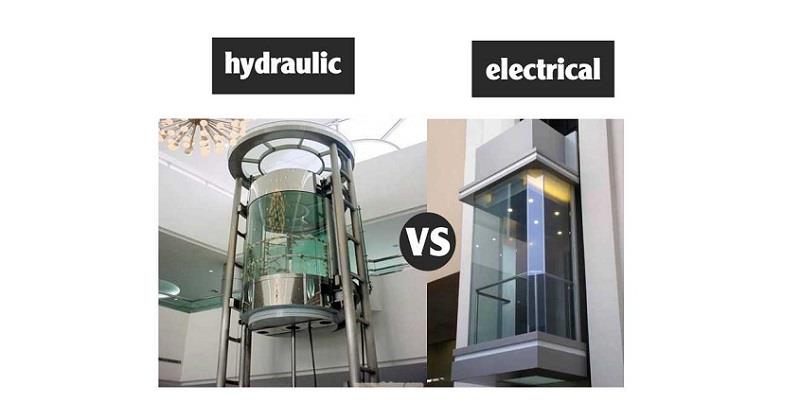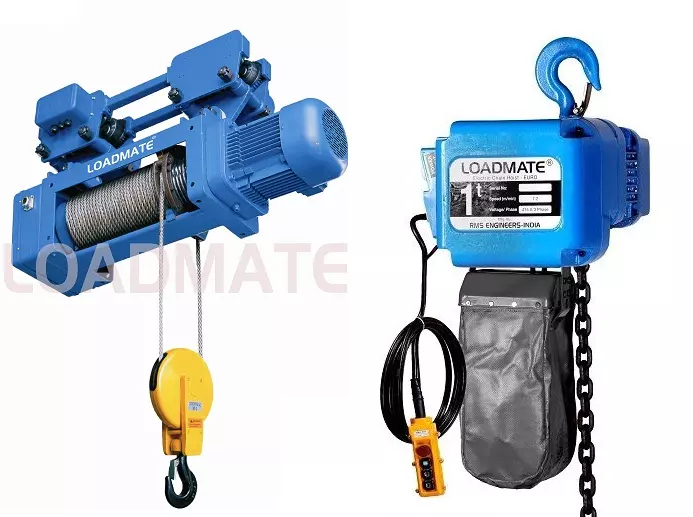20% of the manufacturing fatalities are caused due to collisions with moving parts of the machine. While choosing between a hydraulic and electric actuator, safety should be the most primary factor.
Please read this guide to know about the electric actuators and the hydraulic actuators and how safe they are while one is operating them.
Safe manufacturing environment
A safe manufacturing environment, however, demands a particular kind of requirement. These are:
- The environment of the manufacturing area should be uncontaminated. Any leaks found on the flooring of the unit would halt the entire line of production.
- The motion control systems of the actuator need to be operated precisely. The equipment happens to stay near the human employees. One false move can create a lot of harm.
- The fail-safe procedures are extremely necessary.
Electric actuators
The electric actuators work on the power of the motor. It requires a control system for the provision of power. In the case of electric actuators, the user needs to be present to program the controls. In the factory, it is beneficial to use electric actuators. The two benefits are:
- Electric actuators require a lesser amount of plumbing and maintenance.
- Electric actuators use ball screws or acne to hold a load in place in case of power failures.
While manufacturing, one must consider the safety requirements. The electric actuators allow precise and clean movement. In case of system failure, the electric actuators continue to hold the load at the required place.
Hydraulic actuators
One prefers the use of hydraulic actuators due to various reasons. Some of these reasons are:
- They are perfect for any hazardous condition.
- They can carry heavier loads than electric actuators.
- They are known to provide brute force over the consistent decision
- Hydraulic actuators are mechanical than the electrical actuators
- They do not require the use of motor
In various environments, one should consider the use of hydraulic actuators.
Are electric actuators safe?
In a process environment like a manufacturing unit, one requires to show precision. However, the environment needs to be tidy and clean. One requires the provision of machinery that provides consistent movement from time to time. For efficient productivity, one needs to connect the machine to a piece of smart machinery.
The electric actuators allow the manufacturing firms to get hold of the automated process environments. Along with that, they are the safest actuators that can be used in any manufacturing unit. From the business perspective, one can use these electric actuators to improve competitiveness while reducing failure rates.
Advantages of electric actuators
The electric actuators offer the best precision. However, it is scalable for any force requirement or purpose. Electric actuators can be programmed quickly. However, one can easily network this kind of actuator. It also provides maintenance and diagnostics feedback as soon as possible.
Along with that, the electric actuators provide complete control of the motion, offering applied force, custom speed, and stroke length. It also provides full control over the motion.
Disadvantages of electric actuators
The initial cost of the electrical actuators is lower than that of the hydraulic actuators. But they are not suitable for any condition. Electric actuators cannot be used in explosive areas or any hazardous areas. At times the electric motors can be bulky and large.
Advantages of hydraulic actuators
Hydraulic actuators can hold constant force. One can do it without supplying extra fluids. It has to supply a significant force. Apart from that, hydraulic actuators are known to produce high speed and forces.
Disadvantages of hydraulic actuators
The hydraulics actuators have certain disadvantages. The hydraulic fluids can leak out, leading to a loss in the efficiency of work. It also leads to cleanliness issues. The hydraulic actuators accompany various components, including pumps, motors, heat exchanger, release valve, noise reduction equipment, fluid reservoir, etc. It requires high maintenance with various components that can be used to monitor constantly.
Improvement of the process
For achieving higher efficiency, one should not be strict about energy-saving methods. But to have a coordinated and smooth motion, and one must use multiple actuators for heavier productivity. In some cases, one can convert the electric motors to hydraulic ones in the Hawkeye systems. The company that opted for this process has got the fastest result as it uses robots that move the moulds. It creates a faster delivery system. Given this reason, one can achieve an inner layer of a much better quality product.
Conclusion
Whenever you talk about electric actuators and hydraulic actuators, they both have a special place in the industry. The flexibility of the electrical ones provides the customer with maximum convenience while making them one of the popular choices.
While you decide which one to use, the best actuator depends upon your working environment. If you are opting for precision, then the hydraulic ones are the best for you. One should have a clear understanding and view of what kind of actuator they want to accomplish the goals. Overall if you have any great application that requires reliable power, then the hydraulic ones are the best for you. If one can use it safely, then both the electric ones and the hydraulic ones can provide you with efficient service. For more details feel free to contact us at sales@loadmate.in and our LOADMATE Tech expert will revert back soon.




